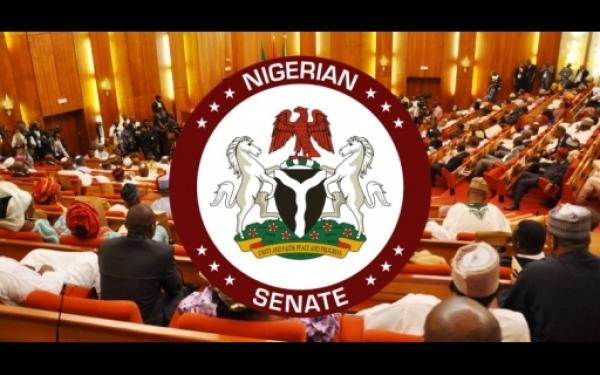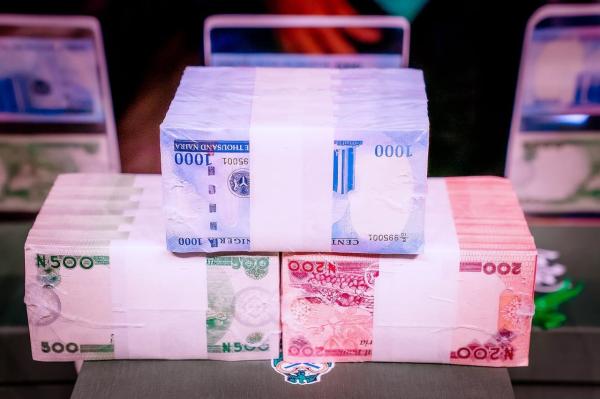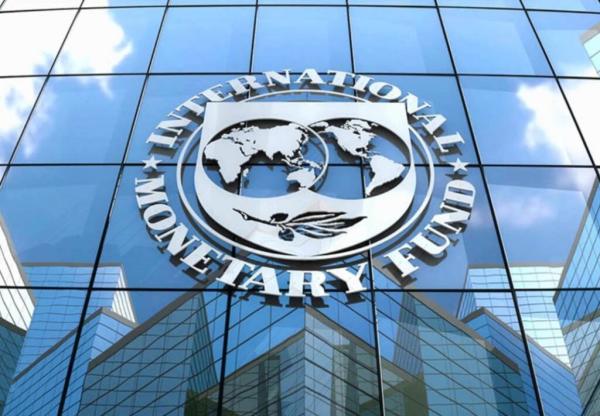
The federal government revenue for October will drop by seven per cent and the external reserves is expected to drop below $37 billion if the oil prices continue to hover around $90 per barrel, analysts have predicted even as they expect September inflation figures to drop from 8.5 per cent.
Nigeria’s external reserves, which had risen to $39.7 billion, has continued to take a beating in the past weeks, standing at $39.4 billion as at October 3, 2014, as the CBN dipped into it to stabilise the value of the naira amidst declining oil prices.
According to analysts at the Financial Derivatives Company (FDC) Limited, the fall in oil prices could spell major economic problems for Nigeria.
The FDC monthly Economic Bulletin analysed that at the current prices of approximately $90 per barrel, government revenue for October will drop by seven per cent to $7.03 billion. The fiscal deficit will rise to $1.39 billion, about 3.3 per cent of the gross domestic product (GDP), while the external reserves will deplete to $36.83 billion.
At the current official exchange rate and RDAS foreign exchange sales, the naira will be mispriced by approximately 2.9 per cent in October. The FDC analysts noted that a further decline of oil prices to $80 per barrel, which is just $2.5 above the federal government’s budget benchmark oil price of $77.5 per barrel for 2014, would cut government revenue to $6.25 billion, push the deficit to 3.7 per cent and deplete external reserves further to $33.36 billion.
“At this point, the naira will be mispriced by 3.9 per cent if the Central Bank of Nigeria (CBN) continues to defend it at the expense of the external reserves. The Federal Accounts Allocations (FAAC) disbursements will nosedive and more money will be needed to fund the deficit. Erosion in reserves will put the currency under immense pressure, and the CBN is likely to further tighten monetary conditions and bring the issue of currency adjustment to the front burner,” the analysts said.
However, the International Monetary Fund (IMF), in a communiqué issued at the weekend, has advised that developing economies allow market forces to determine the value of their currencies and concentrate more on building their reserves.
The IMF communiqué stated that “exchange rates should be allowed to respond to changing fundamentals and to facilitate external adjustment” while advising that “emerging market and low income developing economies should rebuild fiscal buffers where needed, including through revenue mobilisation.”
Speaking recently, the CBN director, Charles Mordi, had noted that the CBN “will do the right thing” if it becomes obvious that it can no longer defend the naira.
He stated that “apart from not meeting your production quota, oil price is declining, we are not accumulating enough reserves, the excess crude account has been drawn down even though it had be brought up to about $4.5 or thereabout. We recognise that at the CBN it is a challenge and we have always said that we are not going to defend the naira at all cost.”
Analysts at the FBN Capital believe that the CBN still has the capacity to continue to defend the naira as it continues to increase its foreign exchange sales to the market, through direct interventions and its twice -weekly retail auctions. Auction sales accelerated to $3.10 billion in September from $2.82 billion in August, although the last sale of the month on September 29, was unusually high ahead of the public holidays on October 1, 6 and 7.
“We are approaching dangerous territory for the oil price (and thus the naira). However, we see limited further downside and think that the CBN will be able to hold the line on the naira exchange rate. Reserves as at end-September still provided more than nine months’ merchandise import cover at 2013 levels.
This would be viewed as adequate, were it for Nigeria’s hearty import appetite and still limited productive base,” the FBN Capital analysts said.
Meanwhile, ahead of the release of the September inflation figures by the National Bureau of Statistics on October 16, analysts foresee a drop in the consumer price index for the first time since February 2014.
Analysts at FSDH Merchant Bank and FDC say the expected moderation is associated with an increase the supply of food commodities, even as prices of most global commodities have declined, which is expected to reduce Nigeria‘s import bill.






















